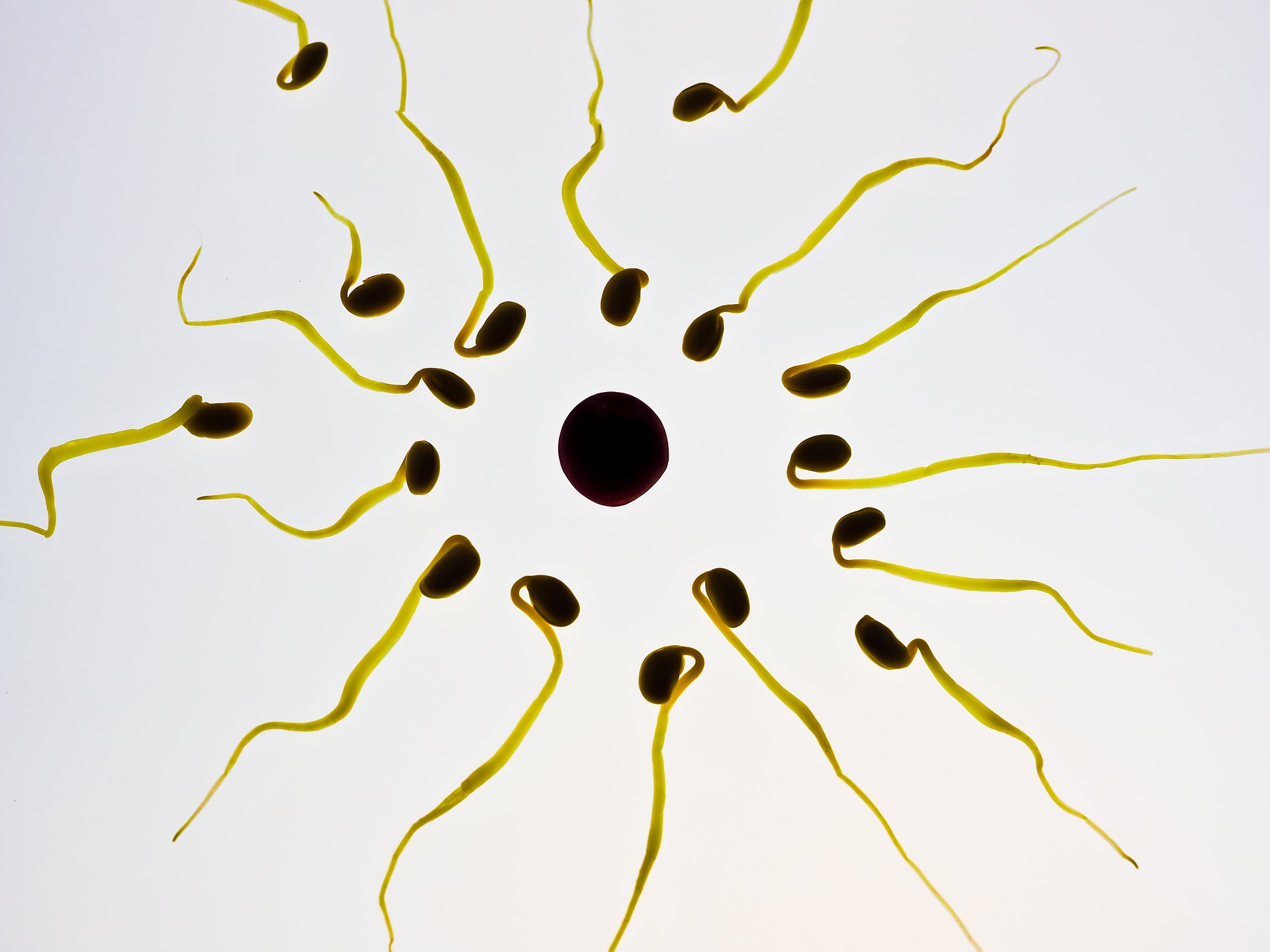Acupuncture for PCOS

Polycystic Ovarian Syndrome or PCOS as it is widely known, is an infertility diagnosis that has risen significantly in the past several years. While the cause of the disorder is still not well understood, PCOS is an endocrine disorder that includes dysfunction in cortisol, insulin, testosterone and other reproductive hormone levels. This means that stress, weight gain, inflammation and too much sugar in the diet all come together to form this syndrome. While women with PCOS can vary in their severity of symptoms, most will have irregular menstrual cycles and ovulation issues and some can have cystic ovaries, excessive hair growth, and difficulty losing weight as well.
We see many patients in our clinic with PCOS every week and it can be a very frustrating diagnosis. If a woman is overweight, often even a little bit of weight-loss will positively impact this hormonal syndrome and increase their fertility greatly. If a woman is thin, young and maintains a healthy lifestyle she often feels lost as to what else she can do to improve her situation. Clomid and Femara are low-intervention fertility medications that can sometimes get ovulation back on track but they do not address the hormonal imbalance that is driving PCOS. Thus, Clomid and Femara can have some very negative side effects such as increasing the number of cysts, causing hyper-PMS symptoms, hot flashes, etc.
Many women take these medications and get pregnant very quickly, and when that happens we can all feel happy. But what about the women who have tried these low-intervention therapies and have not had success within 3 cycles? They are often left to move onto IVF, a very expensive undertaking.
What we have seen in treating fertility and PCOS with Chinese Medicine over the past decade is very inspiring. Because PCOS affects many different hormones, a holistic approach to re-balancing the endocrine system is very helpful in creating the optimal environment for healthy eggs and a healthy pregnancy. A study published in the American Journal of Endocrinology, Physiology, and Metabolism concluded that a series of acupuncture treatments over the course of 12 weeks reduced the metabolic effects of PCOS and increased ovulation frequency. The proposed mechanism is that the acupuncture points peripherally modulated the sympathetic nerve stimulation to the ovaries. Reducing the sympathetic nervous system effects (the part of our nervous system that responds to stress) has a broad impact on the different hormonal functions in our bodies.
In our clinic we pair these acupuncture treatments with specific herbal medicines, diet and exercise suggestions to achieve results even more quickly. Often women who are not ovulating regularly will have menstrual cycles that are more balanced and fertile within 2-3 cycles. By not bypassing the root of the disorder we help restore fertility naturally.
Here are a few tips to get you started if you have been diagnosed with PCOS:
- See an acupuncturist who specializes in treating PCOS and can get you started on an herbal formula that is right for you. There are several types of formulas specifically geared to restoring ovulation. Paired with an acupuncture plan, your likelihood of achieving a normal menstrual cycle is high.
- Exercise! Getting 30 minutes or more of moderate intensity exercise helps stabilize blood sugar and reduce the sympathetic nervous system effects driving PCOS.
- Take steps to reduce inflammation – this usually means limiting foods made from flour, sugar, and alcohol to start with. Often women with PCOS can really benefit from a gluten and dairy free diet.
- Reduce your environmental estrogen over-load. Choose organic meat products, use natural body care products, reduce soy, eliminate processed foods and stay away from plastic water bottles and using plastics in your kitchen to get you started.
Please share this with anyone you know who may be struggling with PCOS! We are happy to help end the frustration of trying to conceive with this disorder.


